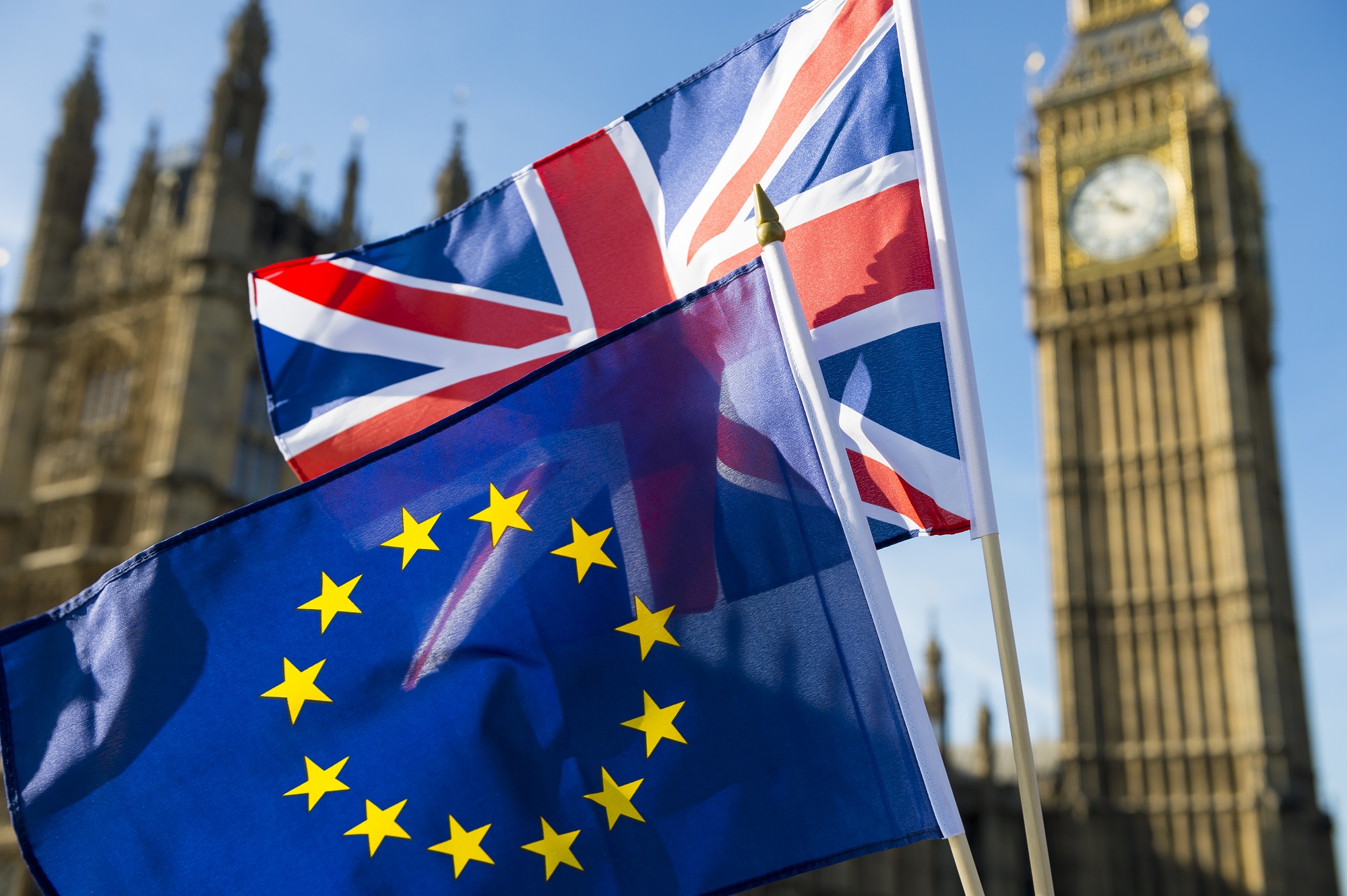A European Economic Interest Groupings (EEIG) is an EU specific entity, established under EU law. Regulation requires that an EEIG’s registered office be within another EU member state but given that the UK has now formally left the EU, any EEIG’s registered here will no longer fulfil the requirements of the framework, making their legal status unclear.

Fortunately, the UK’s withdrawal agreement means the UK will effectively remain part of the EEIG framework during the transition period, allowing EEIGs registered in the UK to continue to operate as normal during this period.
After this they will be automatically converted to a United Kingdom Economic Interest Grouping (UKEIG) on 1st January 2021 to ensure they still have clear legal identity. However, this is intended as a temporary arrangement rather than a long-term solution, allowing EEIGs more time to take more appropriate action.
What next?
As a result of the UK formally leaving the EU on 31st January 2020, any EEIGs will effectively need to be wound down – this will need to be completed within the governments transition period, which runs from 1 February 2020 until 31 December 2020.
Whilst the new corporate form will preserve the existing EEIG framework, we encourage any EEIG’s registered in the UK to act during the transition period, to avoid any issues that may arise at a later date.
Taking the appropriate action – the winding up process
Winding up is effectively the process of dissolving a company. The business must cease its operations in its existing form, whilst assets are sold, creditors are paid, and remaining assets distributed to partners or shareholders. Any EEIG will be wound up as an unregistered company.
Advantages of the winding up process;
- The process can be instigated quickly
- The process is considerably less expensive than other formal insolvency processes
- There is no investigation into the director’s conduct and therefore no personal liability
- There is no requirement to file ongoing annual returns and accounts (as must be done under normal circumstances, even if the entity is dormant)
Once a company has been formally dissolved, we can also implement the necessary measures to ensure your business can continue to operate post wind-down by establishing a new entity and transferring assets accordingly.
Our credentials
At present there are around 260 EEIGs in existence in the UK under EU law. Michael Roome, Business Recovery and Insolvency Partner at Smith Cooper, who has already worked with an EEIG during the transition period, comments “It is crucial that EEIGs are well informed about the legalities governing the structure of their entity and adapt accordingly as to avoid significant issues further down the line.”
“Our team of specialists will ensure you fully comply with the impact of Brexit. We pride ourselves on doing more than ‘just insolvency’, by offering a range of services that add real value to stakeholders if we are given the opportunity to assist at an early juncture.”
Here at Smith Cooper, we provide a complete range of Business Recovery and Insolvency Services to individuals and businesses operating in a range of industries, and pride ourselves on the delivery of high quality advice in a professional and approachable manner, initiating methods to restore liquidity, add value and secure the optimal outcome. Offering a wealth of solutions to those who must adapt to the changing business landscape, we strive to avoid a formal insolvency wherever possible, believing that prevention is better than cure.
If you are operating an EEIG and would like further support or advice, please get in touch with a member of our dedicated team today.




